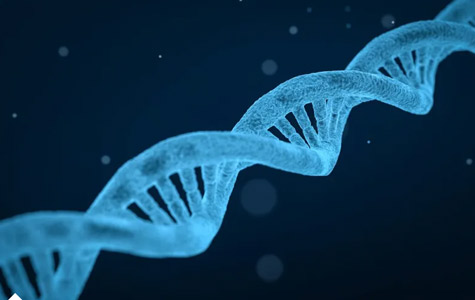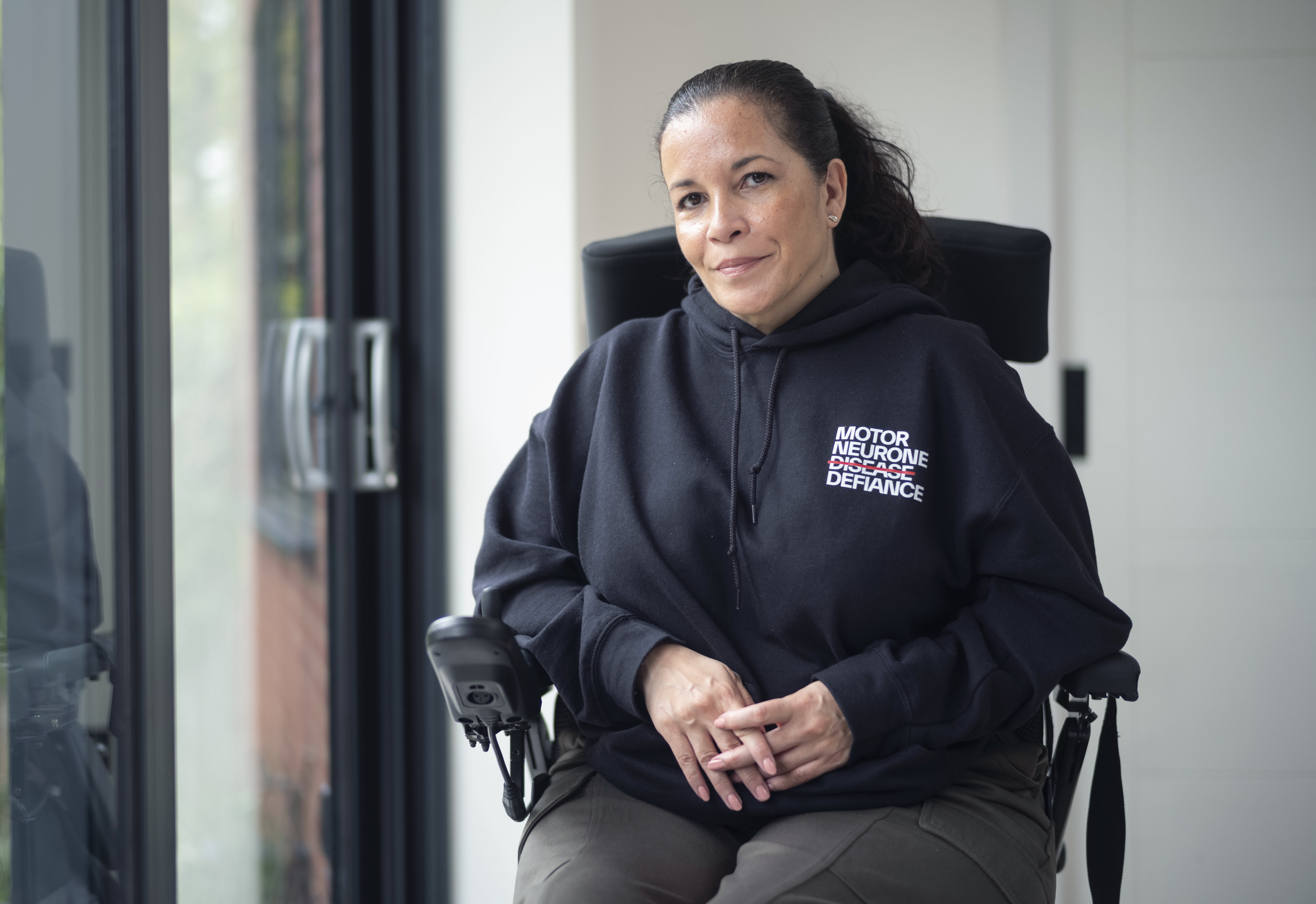Tofersen given green light by the European Commission
31 May 2024 News
The European Commission (EU) has granted marketing authorisation to tofersen for the treatment of motor neurone disease (MND) in people who have the SOD1 gene alteration - which applies to about one in 50 people with MND.
It comes on the back of a positive opinion from the Committee for Medicinal Products for Human Use (CHMP) of the European Medicines Agency (EMA) in February.
Tofersen now becomes the first approved treatment in the European Union for a therapy targeting a genetic cause of MND.
In the UK, the National Institute for Health and Care Excellence (NICE) previously confirmed its decision to appraise any submission for the drug through the Single Technology Appraisal (STA) framework rather than the Highly Specialised Technologies (HST) route.
This decision goes against advice from patient organisations, including the MND Association, and leading MND clinical experts, which have made extensive representations to NICE throughout the process.
Unfortunately, it is highly unlikely that tofersen will receive a positive decision if appraised through the standard route, meaning that it would not become accessible to patients through the NHS but will now potentially be available in Europe.
Biogen, the developer of tofersen, also known as QALSODY ®, said the treatment has been approved under exceptional circumstances by the EU.
The decision now opens the door to individual countries in the EU being able to negotiate a price for the drug with Biogen.
Tanya Curry, Chief Executive of the MND Association, said on the decision: “It comes as no surprise that tofersen has been given the green light in Europe, a drug that has shown incredible results for a subset of people living with MND.
“In the UK, we are once again left frustrated that people are being denied this treatment because of outdated systems for approving new medicine while people in Europe can and will see the benefits.
“NICE can make an exception and appraise tofersen through a route that gives it a chance of being made available to patients through the NHS.
“However, it refuses to do so, despite the drug now being given the go ahead in Europe under the exceptional circumstances framework. If NICE will not grant special dispensation in this case, when will it?
"We remain committed to ensuring people with MND get access to proven, effective treatments and be a voice for our community in making the case for this decision to be reversed.”
It is vital we do all we can to ensure proper assessment by NICE @NICEComms for Tofersen in the UK. It is a precision medicine for a specific genetic form of #ALS #MND caused by variants of the SOD1 gene. We helped develop it in the UK, and UK patients should have access. https://t.co/BOL40eErkm
— Ammar Al-Chalabi (@AmmarAlChalabi) May 31, 2024
Biogen, the company behind the drug, said they are working with clinicians and local authorities to bring the treatment to people in the EU as quickly as possible.
It is targeted to treat people living with MND who have alterations in the SOD1 gene. This is approximately 2% of the MND population, estimated at 60-100 people in the UK.
Ordinarily, products targeted to rare diseases that affect less than 1 in 50,000 people in England are appraised through the HST route.
However, NICE confirmed it will conduct a standard appraisal because it does not view SOD1 MND as a clinically distinct disease.
Eleanor Dalley, 48, who has the SOD-1 gene and has been taking tofersen since November 2022, saw both her aunts diagnosed with MND, along with her father in November 2020. He died just nine months later in August 2021.
On the approval of tofersen by the EU, she said: “The UK system for approving new medicines is failing us, creating a system of have and have nots.
“Tofersen is the first treatment in 30 years that works for a small percentage of MND patients and NICE are ignoring these key facts.
“To hear that this drug has been granted approval in both the US and the EU but not here in the UK is heartbreaking and a travesty.
“This drug is prolonging the lives of those of us who are lucky enough to receive it through the early access program and is a lifeline for future generations affected by the SOD-1 variant.
“For NICE to ignore the results of the trial and the leading UK neuroscientists is unbelievable."
Credit: David Rose Photography for the Daily Telegraph

